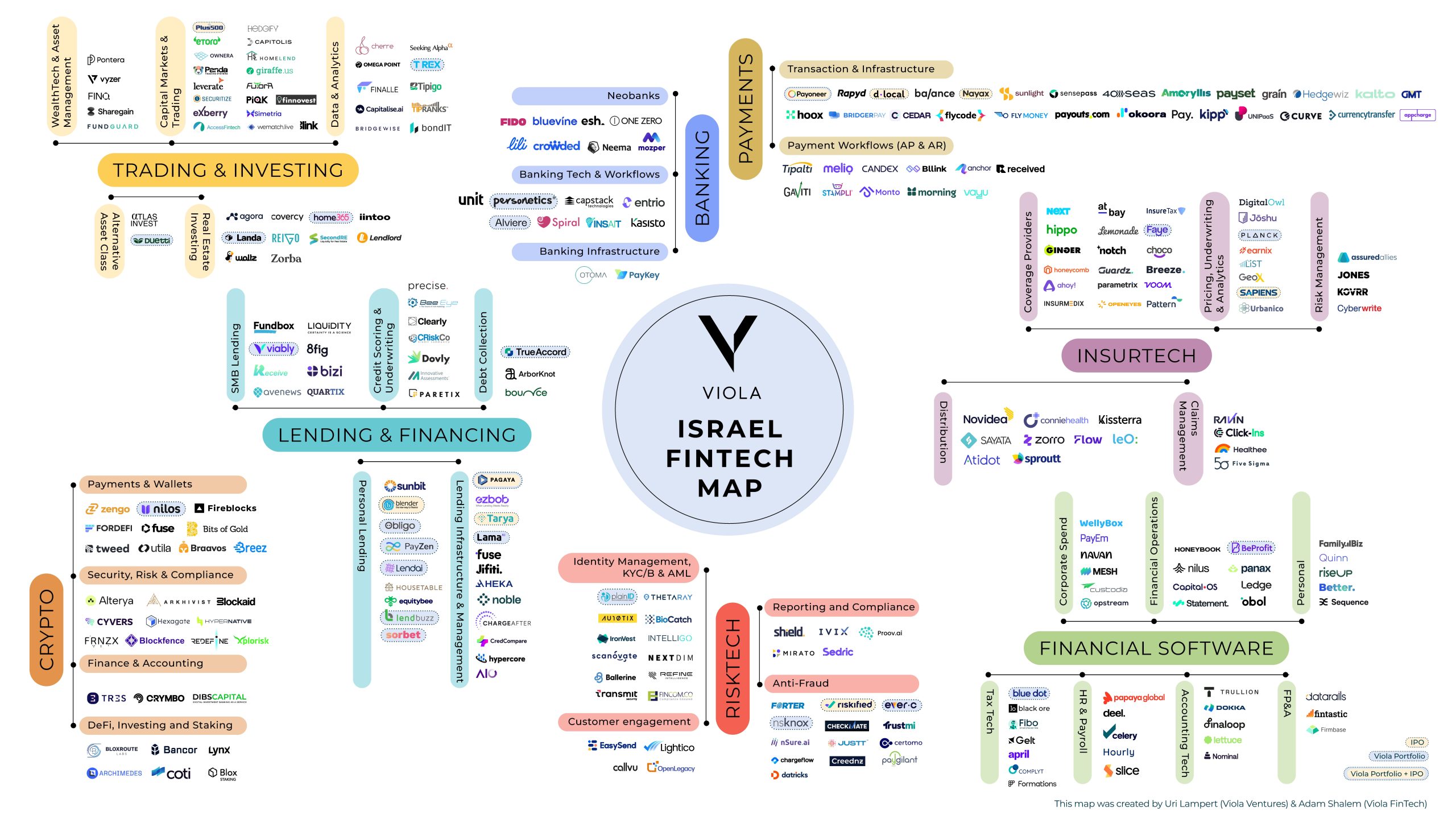For decades, the real estate industry was complicated and analog. But the 2008 financial crisis enabled startups to leverage technology to find new opportunities in falling real estate prices. This led to a steady increase in “Proptech” investment, which reached a peak of $15B in 2019.

Global investment in Proptech
2020 was set to continue this trend, but COVID’s effect on the real estate industry has been significant due to the negative effects on the underlying assets.
In the commercial real estate market, “working from home” made demand for shared office space and commercial real estate drop to all-time low. In the residential real estate market, mortgages were not spared from the general consumer credit crunch.
But even as it hits the real estate industry, COVID-19 will have a positive effect on the adoption of Proptech, because of 2 main factors: Proptech enables the digital transformation of the real estate transaction and it also enables liquidity.
1) Going digital has never been so important
Real estate is a business that has traditionally relied on face-to-face interaction. With home buying being the most valuable asset transaction most of us will ever make in our lives, real estate has relied heavily on the human element. It has also been heavily dependent on middlemen, such as brokers, realtors and appraisers.
But a significant component of Proptech is its ability to transform human-reliant processes into virtual ones. Home buying has already transitioned from a completely offline process to one which has its start online. Companies are using technologies such as AI/ML to list properties and target buyers; VR, AR and IoT to virtualize and automate the home viewing experience; and open banking to streamline the mortgage application process.
COVID-19 will only accelerate the adoption of these technologies by real estate buyers and sellers.
2) Proptech enables liquidity
Real estate is a highly illiquid asset class. It takes a lot of time to sell and buy because it’s such a large transaction that requires so many manual stages and middleman intervention. It usually requires obtaining a mortgage to finance it (involving all the bureaucracy that comes with interacting a large financial institution), insurance, title transfers, appraisals, etc.
This is in opposition to the modern consumer lifestyle, which has been evolving through the forces of urbanization and the gig economy, and which is fundamentally opposed to having significant portions of net worth tied to an illiquid asset.
One of the greatest promises of Proptech is that it will streamline these processes, thereby making this asset class much more liquid. Moreover, lower transaction costs and complexities will draw more capital that is searching for yield in the post-COVID era, when interest rates are at historic lows.
Proptech and the COVID effect
Proptech already disrupted many aspects of the real estate market. Companies such a Zillow and Trulia transformed how listing and home discovery is done, and companies such as Opendoor invented i-buying. At Viola, we have been focusing our interest on some areas of Proptech that we still believe should be revolutionized: The home buying journey, Financing, Investing, and Ancillary services.
However, COVID-19 is having a significant impact on almost any industries – and these are no different. As investors, we must analyze these 4 areas through the lens of COVID-19 and re-focus our investment thesis accordingly.
Bucket #1: The home buying journey
Since 2005, home buyers have increasingly begun their home search journey online as property information became easier to access. In recent years, 51% of home buying transactions were initiated online. Still, the majority of home buyers transition to an offline, complicated, and analog transaction process that is:
- Enormously costly – commissions, title costs, and other fees can tally to about $20,000 per transaction, not to mention wasted time and opportunity cost.
- Time consuming – on average, it takes 4.3 months to buy a home, and 2.8 months to sell.
AR/VR, IoT and mortgage FinTech startups are disrupting the industry by making it easier for both buyer and seller to automate the real estate transaction and to access financing.
Companies of note in Bucket #1:
 |  |  |
The COVID Effect on Bucket #1: Positive
As people continue to worry about the health effects of face-to-face interaction, the digitization process of the few pieces of the journey that are still predominantly face to face will be significantly accelerated. Think about virtual home showing, or self-service house showing powered by IoT devices a la August Home or Alexa.
Bucket #2: Financing
Financing, be it getting your money in or out of, an illiquid asset is hard and expensive. Therefore, many creative startups came up with ways to expedite and automate these processes. Some examples are companies that deploy a combination of innovation, technology, operational excellence and capital to complete home-buying process in days instead of weeks, bring HELOCs to untapped markets such as the EU, offer equity sharing to millennials, or provide “sell to stay” models to cash-strapped consumers.
Companies of note in Bucket #2:
 |  |  |
The COVID Effect on Bucket #2: Positive
In times of crisis, cash is king. Any solution that increases liquidity, especially to consumers who may find it hard to obtain financing from traditional providers such as incumbent banks, have a good chance to thrive in the current environment.
Bucket #3: Investing
Historically, real estate as an asset class, especially commercial RE, has been an attractive investment. However, barriers such as high upfront investment and its illiquid nature made it suitable only to larger investors that can afford very long investment horizons. As a result, over the past few years, several companies started disrupting this space by digitizing real estate assets, which enable both lower investment amounts as well as liquid markets to trade these assets.
Startups are employing various models to disrupt real estate investing, including crowdfunding, utilizing big data analytics to surface high quality investments, employing AI to automatically build diversified RE portfolios, and using DLT to tokenize properties and turn them into transferrable and tradable tokens, representing shares and ownership.
Companies of note in Bucket #3:
 |  |  |
The COVID Effect on Bucket #3: Negative
Given the predicted fall in occupancy of commercial real estate properties on the one hand, and the expected surge in missed mortgage payments on the other, real estate prices will decline across the board and real estate investing will take a hit.
COVID-19 has caused companies to adopt work from home policies that we believe will persist long after the health effects of the pandemic are past us. As more employees work from home, these companies will require less office space, and the value of commercial real estate assets will fall, which will affect investor appetite for this entire asset class.
That said, we still believe that the opening of commercial real estate to non-institutional investors is a positive phenomenon, and in the long term we’re closely watching companies that continue to liquidize these assets to make them a viable part of investment portfolios.
Bucket #4: Ancillary services
Whether you buy, rent or rent out, any real estate transaction involves many ancillary interactions with financial services providers such as banks, insurance companies or payment processors that provide a slew of services from rent payment to renter’s, home and HOA insurance and security deposits.
Many of these transactions are still manual – think paying your rent with checks. Startups are using financial and technology innovation, as well as different distribution and operational models, to provide these services in a more transparent, fast and cost-effective manner.
Companies of note in Bucket #4:
 |  |  |
The COVID Effect on Bucket #4: Neutral
While COVID-19 will definitely accelerate the trends of going-paperless for some transactions, such as rent payments (e.g. paying with cards or with Venmo instead of checks), we believe that services such as home insurance will not fundamentally change or be affected by the current crisis.
A message from the author:
 My name is Tomer Michaeli, I’m a General Partner at Viola FinTech. Prior to joining Viola, I was the co-founder (one of three) and VP Operations at Fundbox, a leading global FinTech company in the credit and payments sector. Check out my full bio here. I’ve been interested in the global proptech industry for a long time, and I’m always on the lookout for new investments. If you’re doing something in the Proptech space, and you feel your company falls into one of the buckets I described, ping me.
My name is Tomer Michaeli, I’m a General Partner at Viola FinTech. Prior to joining Viola, I was the co-founder (one of three) and VP Operations at Fundbox, a leading global FinTech company in the credit and payments sector. Check out my full bio here. I’ve been interested in the global proptech industry for a long time, and I’m always on the lookout for new investments. If you’re doing something in the Proptech space, and you feel your company falls into one of the buckets I described, ping me.





